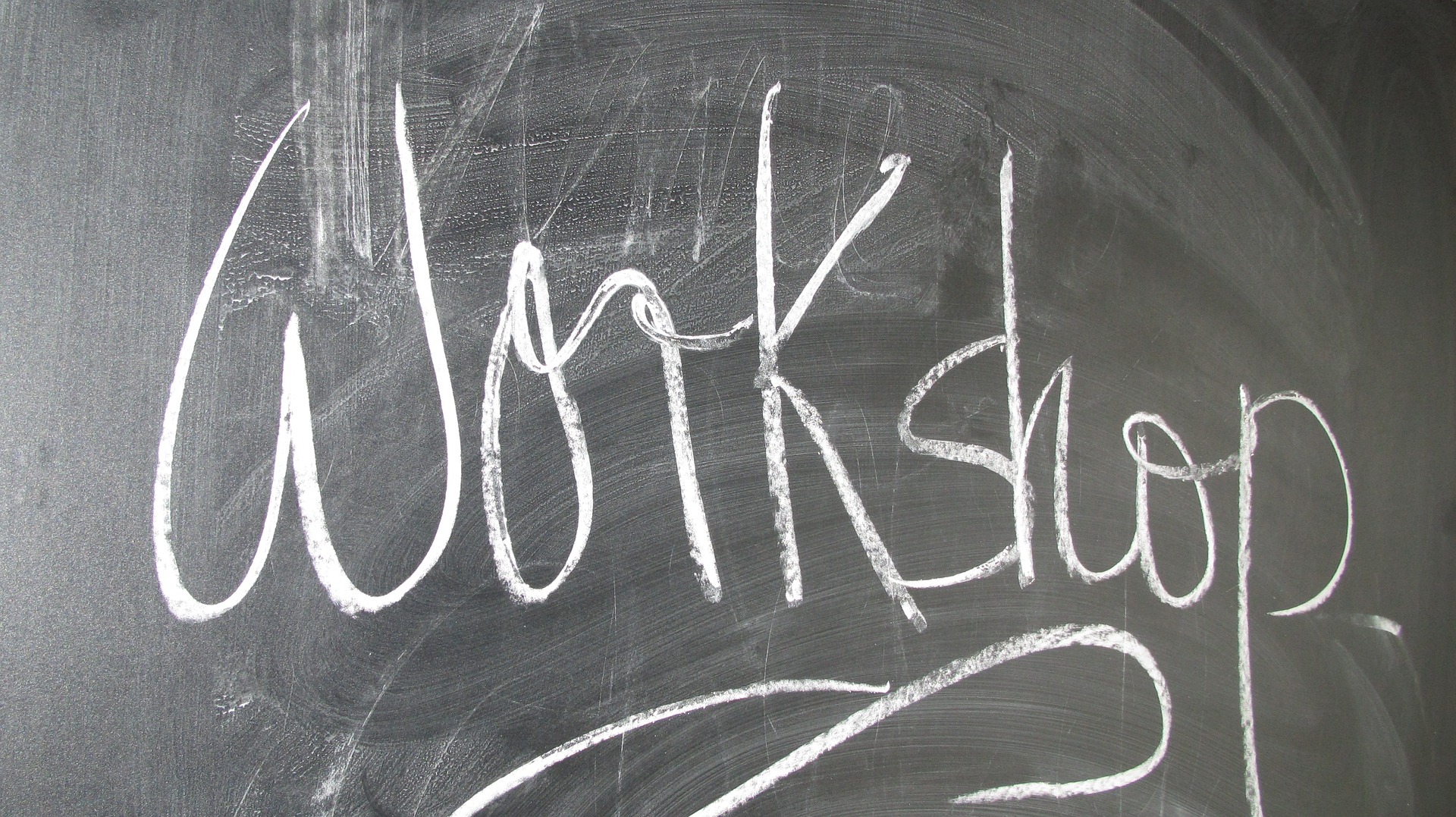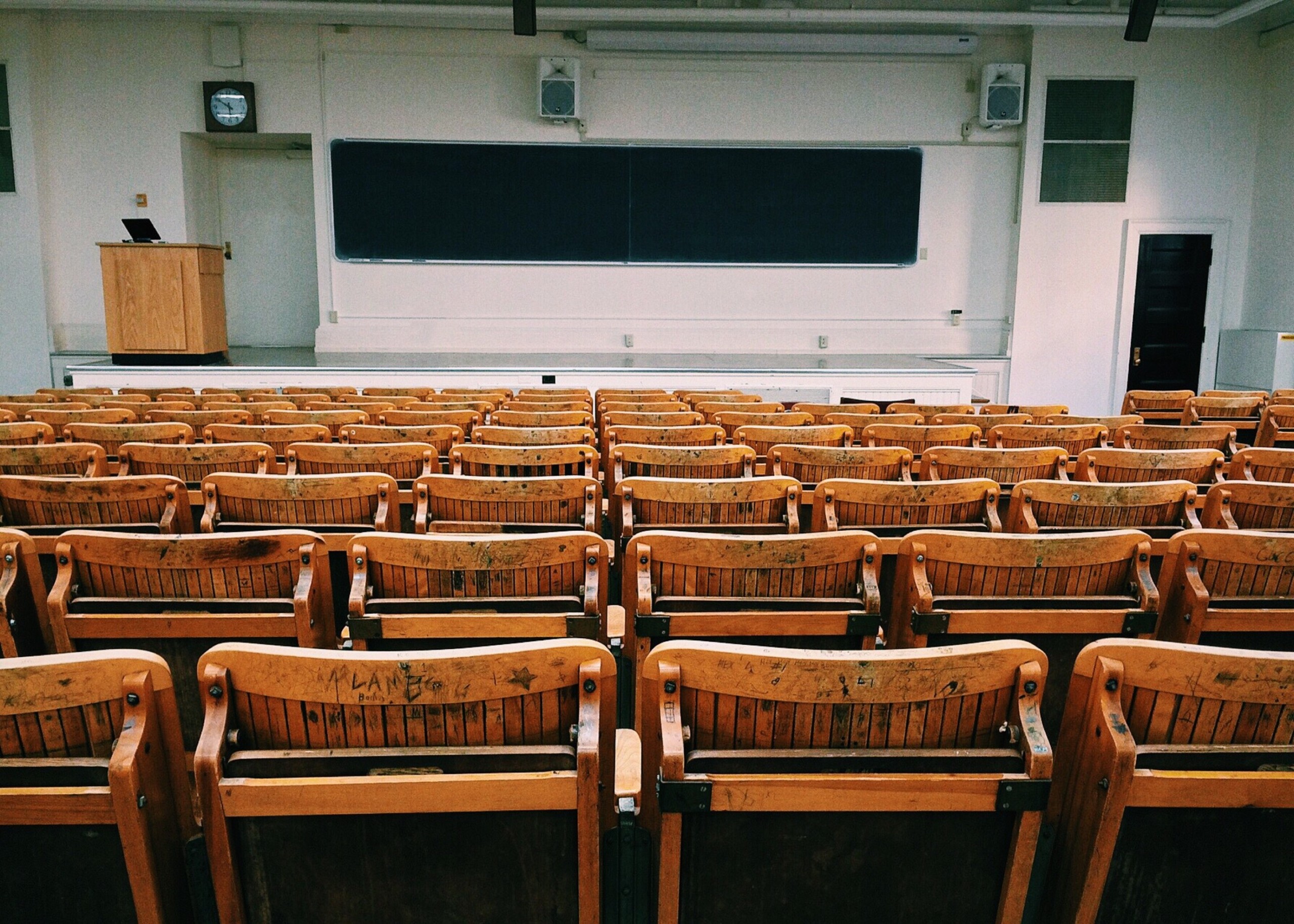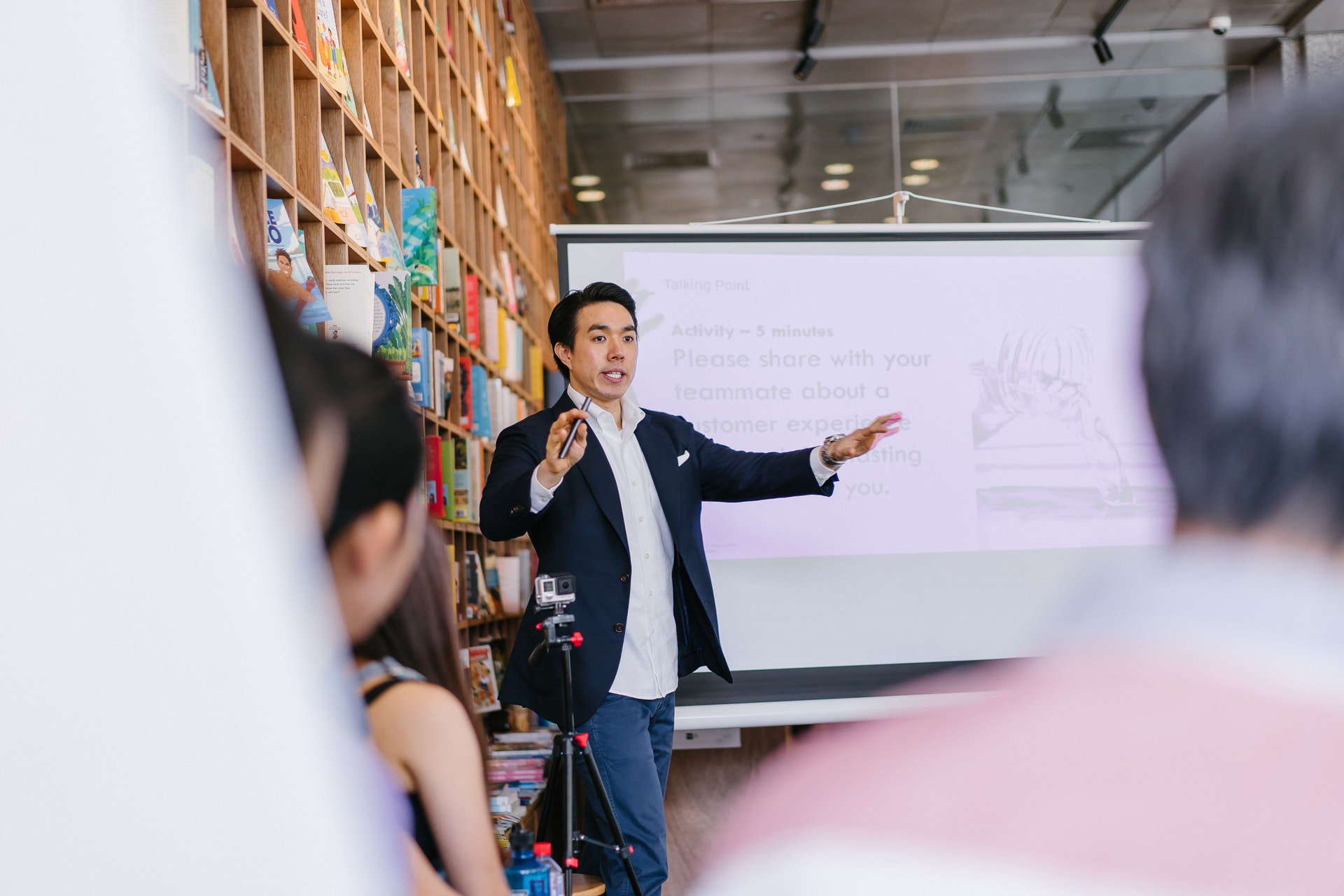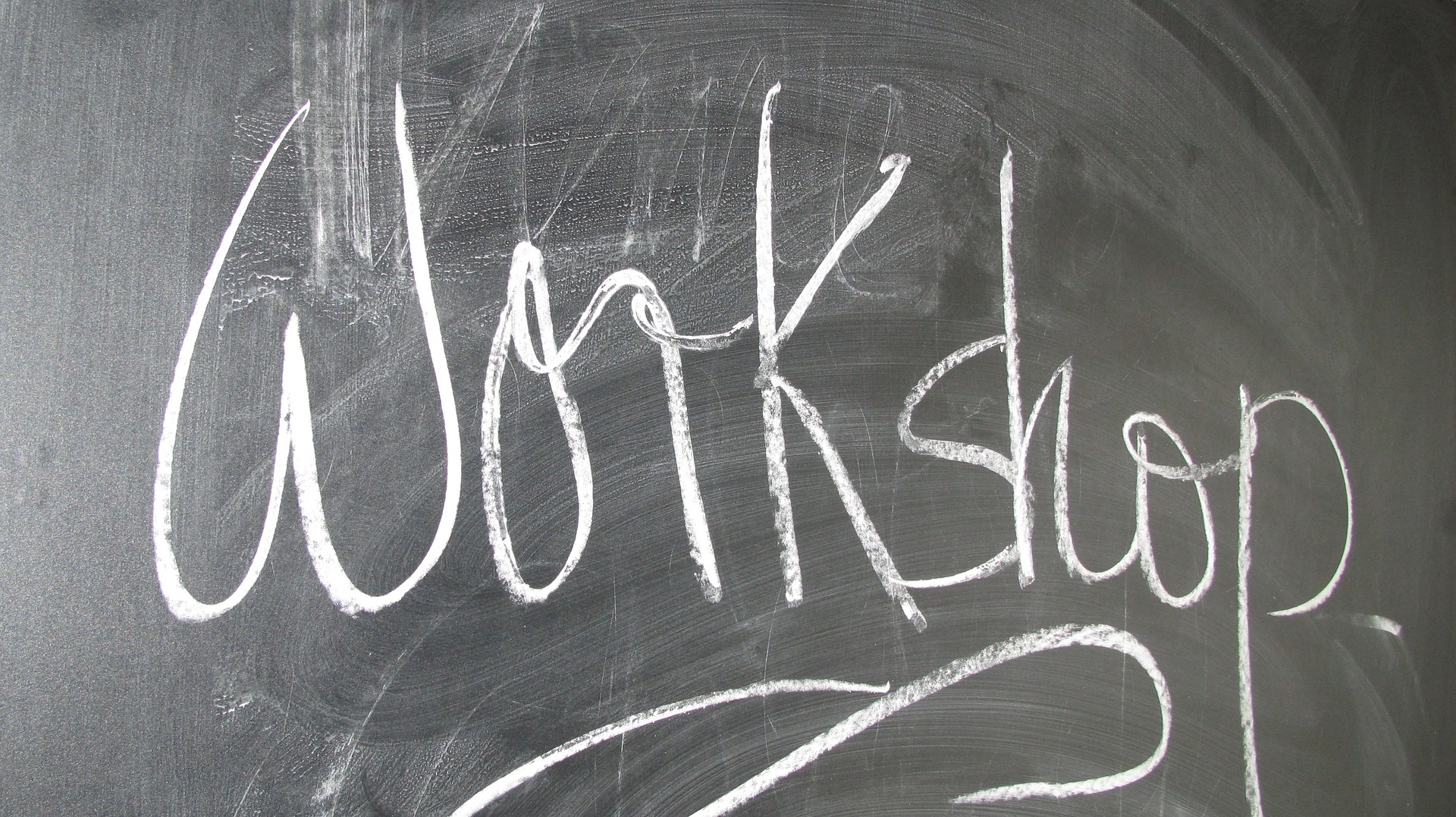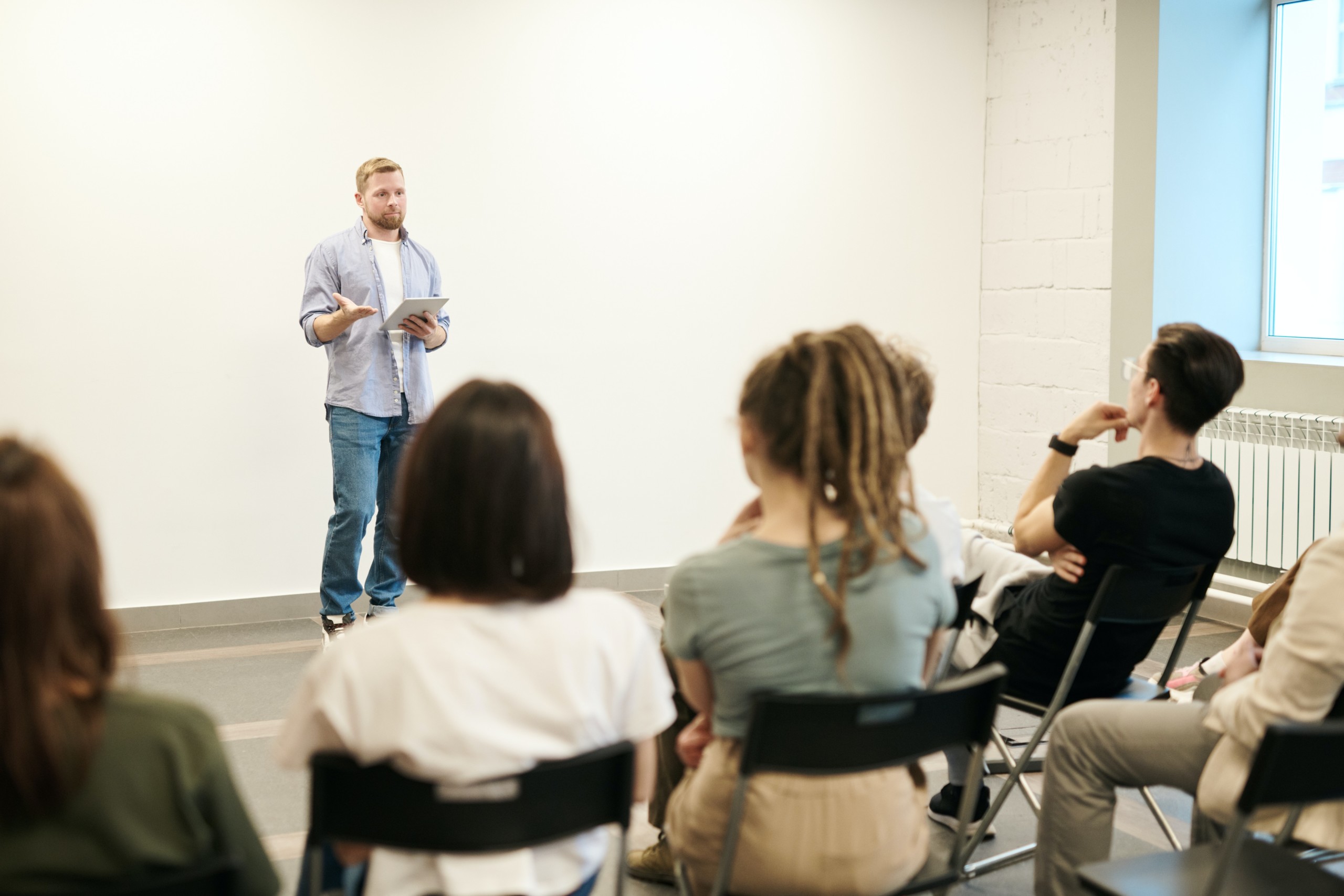Workshop, October 4-5, 2022, at Kassel University, Germany
In our complex and interconnected world, there is a strong need for databased scientific approaches to solving diverse local as well as global problems. However, to transform scientific recommendations successfully into policy measures, societal trust in scientific methods and results is required. Yet, mistrust toward scientific results seems to be on the rise in recent years. Against this background, the workshop aims to bring together current conceptual and empirical research on survey climate, trust in surveys, and surveys and society.
- Organized by Bettina Langfeldt & Niklas Jungermann (Kassel University), Thorsten Euler & Ulrike Schwabe (DZHW), Henning Silber (GESIS), Bella Struminskaya (Utrecht University)
- Sponsored by Academy of Sociology
- Keynotes by Prof. em. Dr. Edith de Leeuw (Utrecht University) & Prof. Dr. Michael Traugott (University of Michigan).
Call for Abstracts ends on June 8, 2022.
For full information click here.
Attendance in this workshop is free, please send an E-mail to surveyclimate@uni-kassel.de .
 EN
EN 

